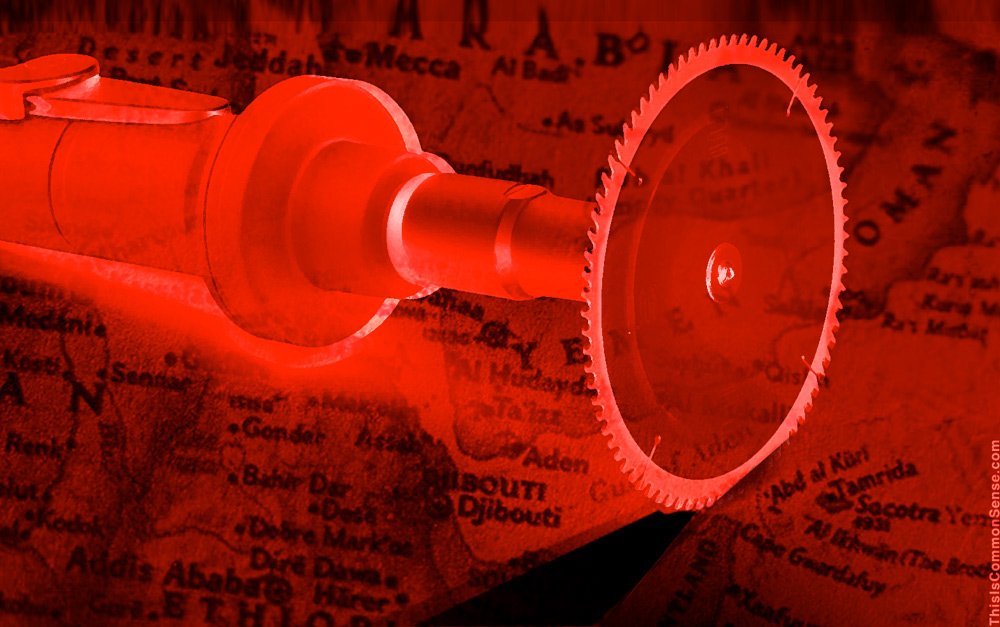Last week, the Washington Post published journalist Jamal Khashoggi’s final column. Khashoggi was apparently murdered by dismemberment at the Saudi consulate in Istanbul, Turkey, earlier this month.
“The Arab world is facing its own version of an Iron Curtain,” Khashoggi wrote, “imposed not by external actors but through domestic forces vying for power.”
Decrying that “Arab governments … continue silencing the media at an increasing rate,” he called for the U.S. to “[play] an important role in fostering and sustaining the hope of freedom,” advocating the equivalent of a Radio Free Europe to reach nearly 400 million Arabs.
The Saudi dissident highlighted Freedom House’s 2018 report “Freedom in the World,” noting that “only one country in the Arab world … has been classified as ‘free.’ That nation is Tunisia. Jordan, Morocco and Kuwait come second, with a classification of ‘partly free.’ The rest of the countries in the Arab world are classified as ‘not free.’”
Perusing that report’s coverage of the Americas, I noticed a section on “Gains and declines show value of electoral turnover.”
“Under new president Lenín Moreno, Ecuador turned away from the personalized and often repressive rule of his predecessor, Rafael Correa,” the report states. “Moreno has eased pressure on the media, promoted greater engagement with civil society, proposed the restoration of term limits, and supported anticorruption efforts …”
In Bolivia, sadly, “the constitutional court … struck down term limits that would have prevented incumbent leader Evo Morales from seeking reelection. Voters had rejected the lifting of term limits in a 2016 referendum, and international observers called the court’s reasoning a distortion of human rights law.”
Rotation in office — you know, like provided by term limits — appears strongly linked to freedom.
The lack of which having proved tragic for Jamal Khashoggi.
This is Common Sense. I’m Paul Jacob.

